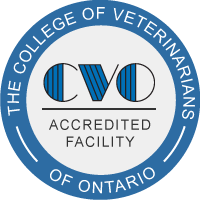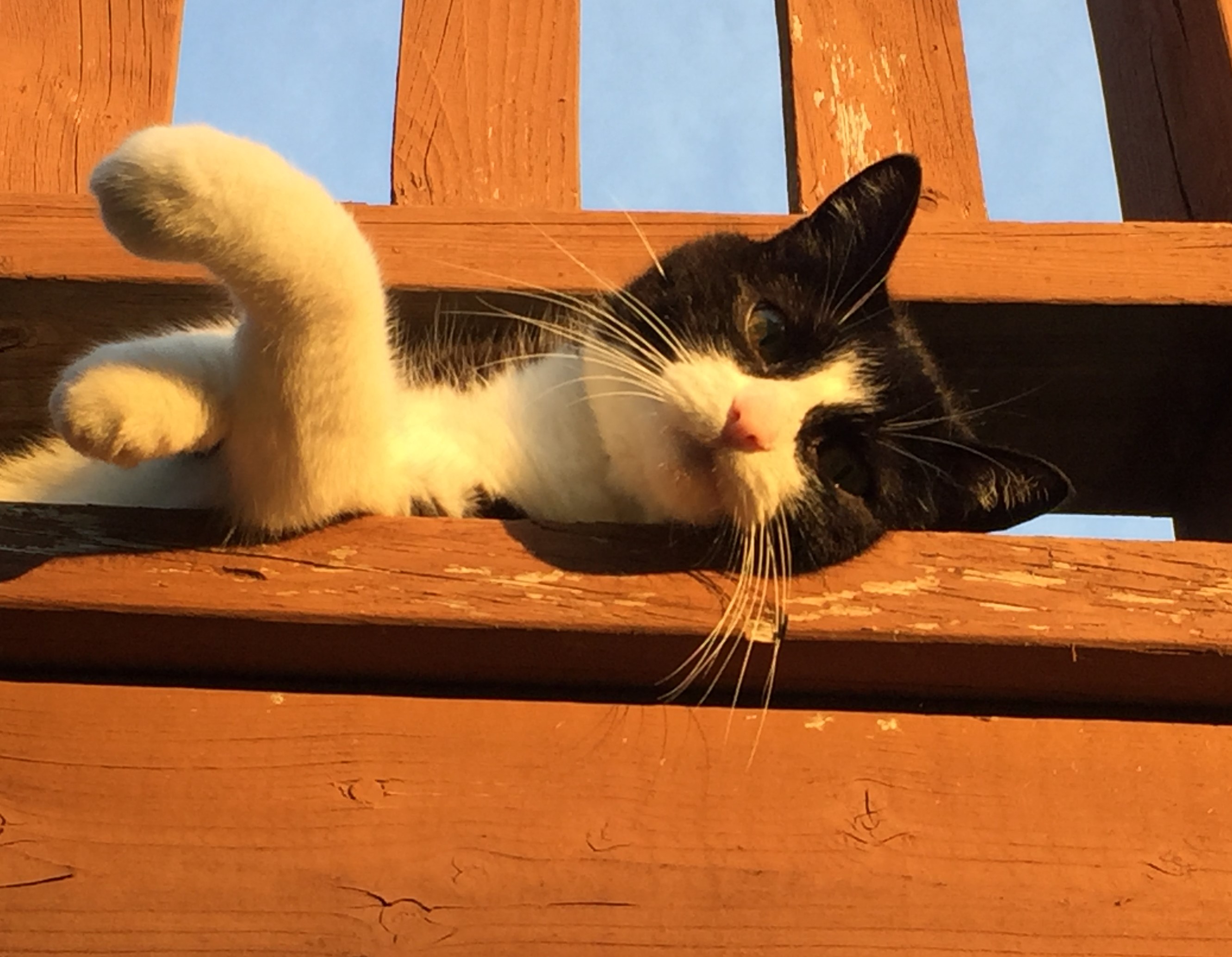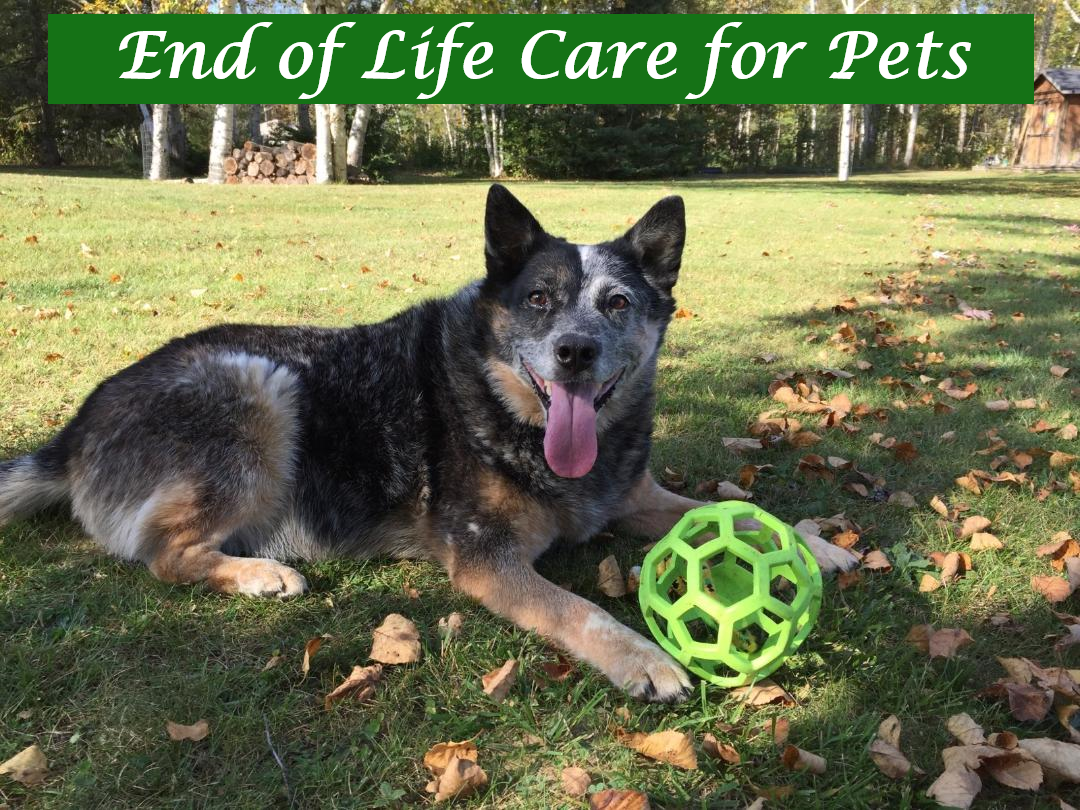Mehi Mobile Veterinary
Services
Serving York Region and Durham
region, including Newmarket, Aurora, Sharon,
Queensville, Holland Landing, Keswick, Sutton, Pefferlaw, Udora,
Uxbridge, Port Perry, Zephyr, King City, and Beaverton (Ontario,
Canada). By appointment:
please call
905-830-8406
Mehi Mobile Veterinary Services is dedicated to
providing in-home pet euthanasia services only.
For all other
medical needs for your pet, please contact your local veterinary
office or emergency hospital.
Email:
Please do not use email for urgent requests as it may
take 2-3 business days to respond to emails.
|
|
| privacy policy |
| home |
Mailing address
P.O. Box 48
Queensville, ON L0G 1R0 |
| Hours |
Monday
Tuesday
Wednesday
Thursday
Friday |
9 am - 6 pm
9 am - 6 pm
9 am - 6 pm
9 am - 6 pm
9 am - 6 pm |
Saturday
Sunday |
Closed |
| Statutory Holidays |
Closed |


|
|
Dr. Mehi is dedicated to providing peaceful end of life
services for your pet in the comfort of your own home.
After care, including cremation services and memorial
products, can be arranged with Gateway Pet Memorial.
Cremation Services
Pet Memorial Products
The following are the most popular
options:
Standard Urns
Lasting
Paws (pawprints in white ceramic clay)
Precious
Paw Prints (in red terracotta clay) and Photo Frame Urns
Figure Urns,
Metal Urns, Ceramic Urns, Outdoor Urns
Keepsake
Heart Urns, Arielle Heart Urns, Wood Urns
Jewellery
(many more choices online), Memory Beads Click
to
see the full Gateway catalogue. For
prices on other catalogue items please
send an email to:
or a text message to 905-830-8406.

|
|
When is the right time? Click
here for tools to help track changes in your pet's
health, and a guide to when it's time to talk about euthanasia.

Copyright © Mehi Mobile Veterinary Services 2024
|


